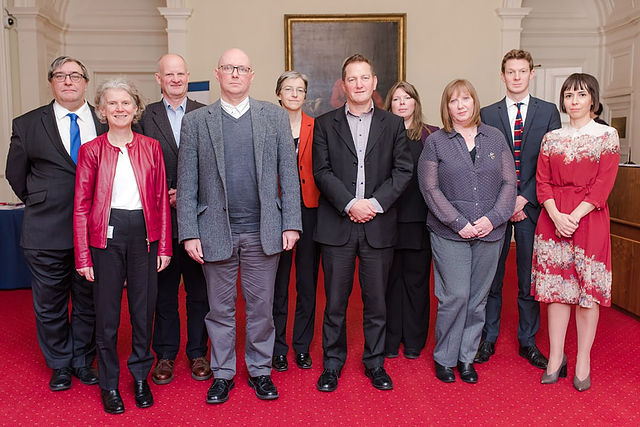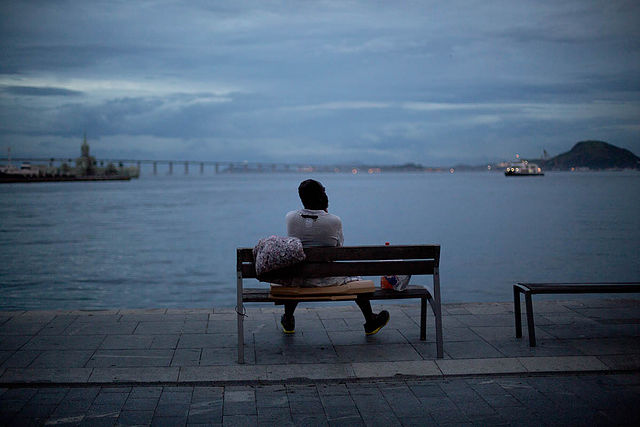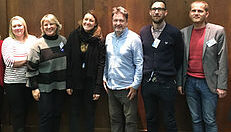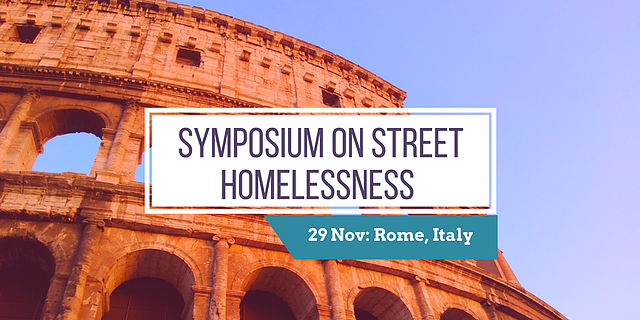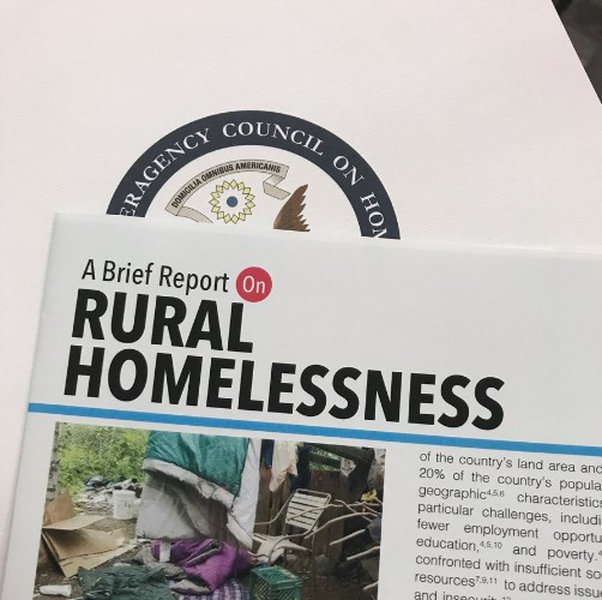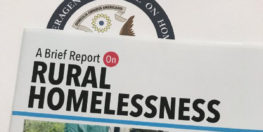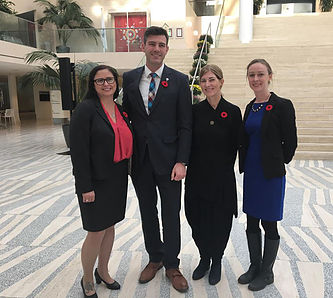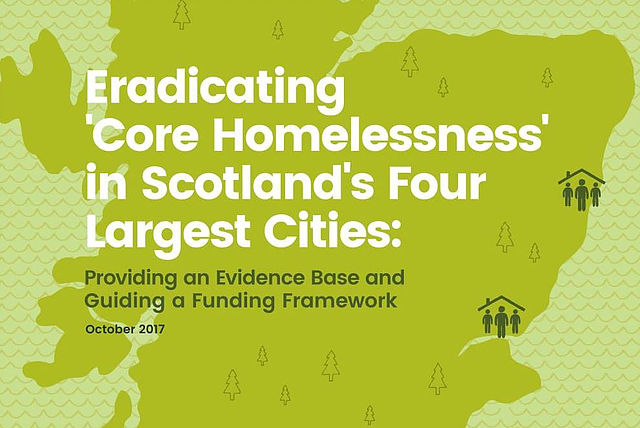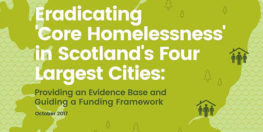The New Centre for Homelessness Impact to Launch Spring 2018

The UK-based Centre for Homelessness Impact is off the ground! The Centre will be headed by Dr Lígia Teixeira, formerly Head of Research and Evaluation at Crisis. The Centre is taking on the task of assessing and utilizing research, a sometimes challenging task for policy-makers, commissioners, and practitioners, to help drive solutions to homelessness. As a long term goal, Teixeira and her colleagues hope to ensure that robust evidence be embedded in the design and implementation of homelessness policy. They look forward to fully launch the New Centre in spring of 2018.
“Careful research and evaluation may not end homelessness on its own, but we believe it has a crucial role to play in responding to this challenge, and increasing the effectiveness of policy making and practice,” stated Teixeira.
Read the blog here.
2018 National Conference on Ending Family and Youth Homelessness
The National Alliance to End Homelessness invites you to register for its 2018 National Conference on Ending Family and Youth Homelessness – taking place March 1-2, 2018. It will be held at the Westin Bonaventure Hotel and Suites in Los Angeles, California. The conference will provide a combination of expert presentations, panel discussions, interactive learning sessions, and networking opportunities.
Register here.

